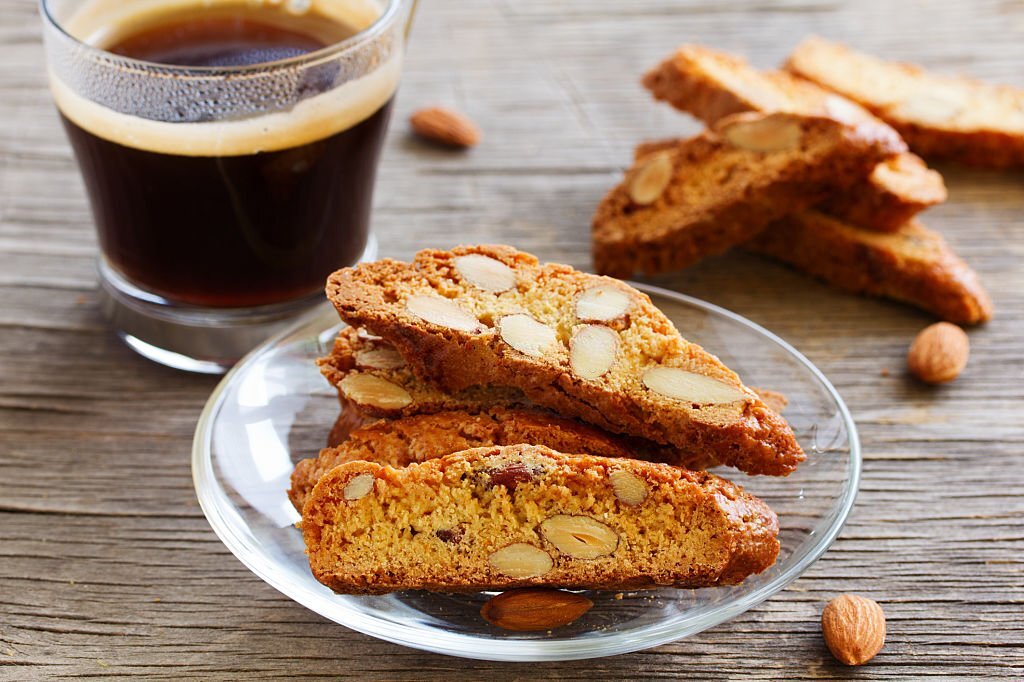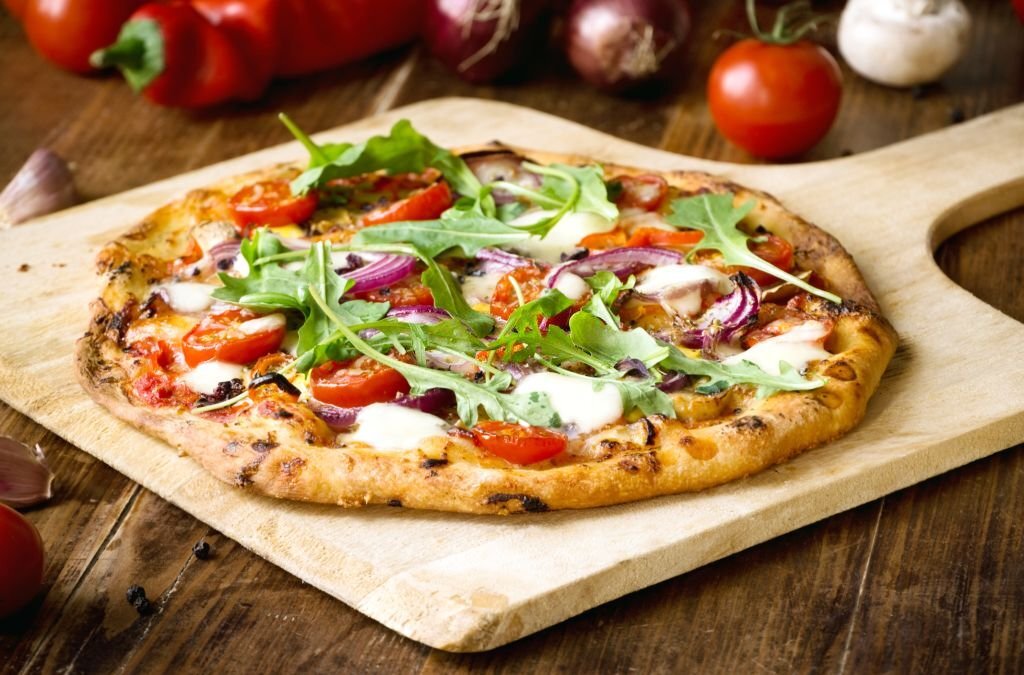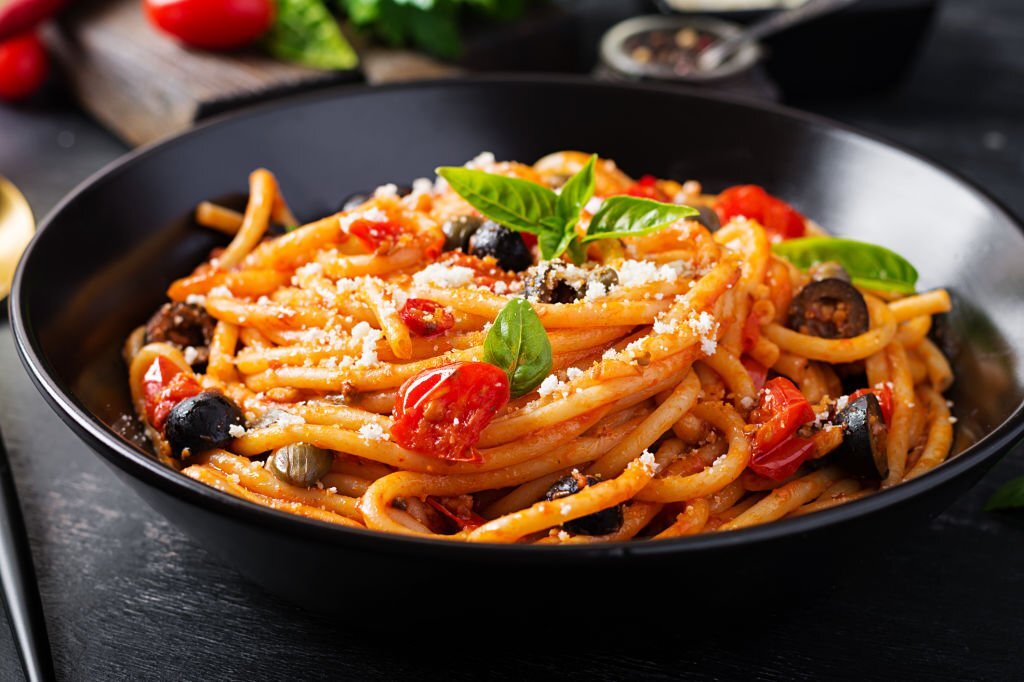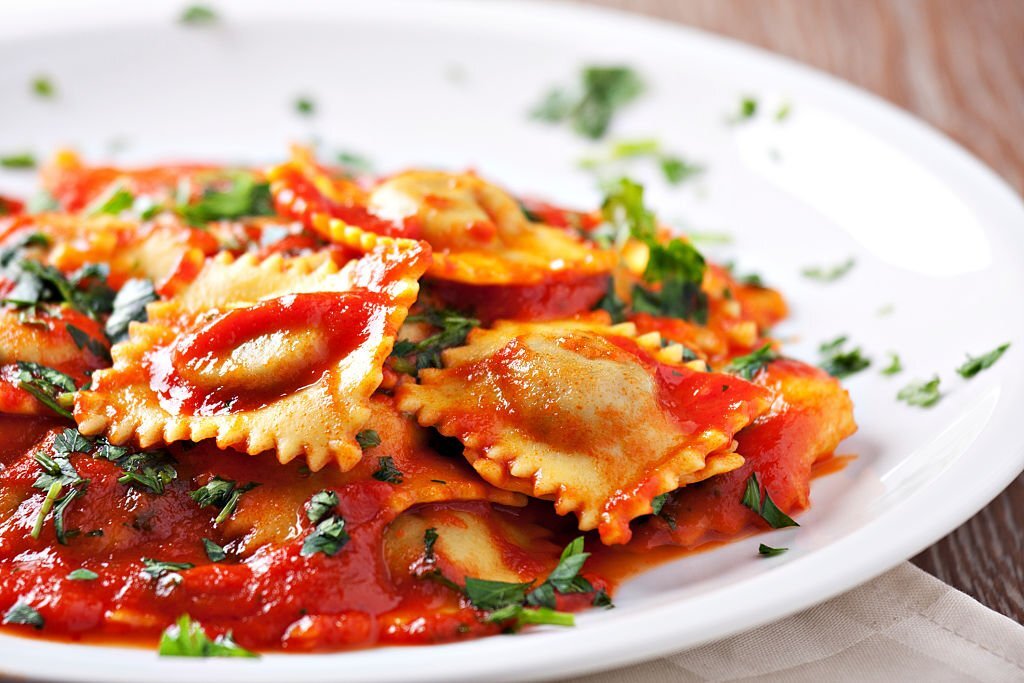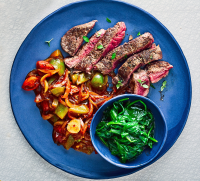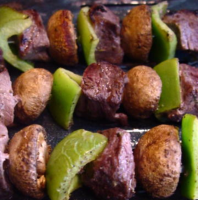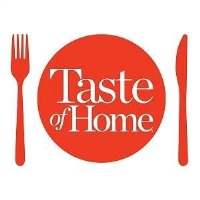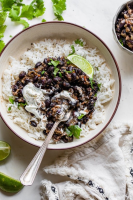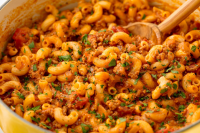More about "why is to much salt bad for you recipes"
THE TROUBLE WITH EXCESS SALT - HARVARD HEALTH
Oct 01, 2019 · Sodium doesn't affect everyone equally, but there's good reason to stick to moderate amounts in your diet. On average, Americans eat too much salt — more than a teaspoon and a half a day. Most often it doesn't come out of a shaker, but is hidden in the foods you eat.
From health.harvard.edu
From health.harvard.edu
See details
WATCH: WHY IS TOO MUCH SALT BAD FOR YOU? - HEART MATTERS ...
Eating lots of sodium is linked to high blood pressure, which in turn is a risk factor for heart disease. Replacing salt with a salt substitute will reduce the amount of sodium you add but won’t change your fondness for a salty taste. By banishing the salt shaker from your table completely you’ll be helping to protect your heart.
From bhf.org.uk
From bhf.org.uk
See details
WHY IS TOO MUCH SALT BAD FOR YOU? | LIVE SCIENCE
May 30, 2013 · Too much sodium will increase your risk of stroke, heart failure, osteoporosis, stomach cancer and kidney disease. And, 1 in 3 Americans will develop high blood pressure in their lifetime. Limiting...
From livescience.com
From livescience.com
See details
WHY IS SALT BAD FOR YOU? | NEW HEALTH ADVISOR
From newhealthadvisor.org
See details
WHY IS TOO MUCH SALT BAD FOR YOU? (IMPROVE BLOOD PRESSURE ...
Dec 12, 2017 · But too much salt can be bad for your health. Learn why here. Consuming some salt (sodium) is important for good health. It helps maintain the correct volume of blood and fluids circulating in the body. However, most Southerners take in too much salt. Eating too much sodium has been linked to high blood pressure, stroke and other health problems.
From mysouthernhealth.com
From mysouthernhealth.com
See details
IS EATING TOO MUCH SALT DAMAGING YOUR HEALTH? - BBC FOOD
69 percent of adults in England are estimated to be eating too much salt, according to a National Diet and Nutrition Survey (NDNS) 2020 study based on urine samples. Yet excess salt intake is...
From bbc.co.uk
From bbc.co.uk
See details
WHY DO COOKS ON COMPETITIVE COOKING SHOWS USE SO MUCH SALT ...
Salt is not as bad as people think. It’s association with heart disease is greatly overstated, and by in large, it takes a specific sodium sensitivity for salt to be bad for you. Cooks arn’t so worried. Growing up, you probably had a salt shaker on your table.
From quora.com
From quora.com
See details
IS SALT ACTUALLY BAD FOR YOU? SEE OUR EXPERT OPINION ...
Jul 31, 2018 · The simple answer: No, salt is not bad for you, and avoiding salt can actually be a huge mistake. In fact, according to leading cardiovascular research scientist Dr. James DiNicolantonio, “Salt may be one solution to—rather than a cause of—our nation’s chronic disease crises.” Say what?
From blog.biotrust.com
From blog.biotrust.com
See details
IS SALT ACTUALLY BAD FOR YOU? - HEALTHLINE
Aug 21, 2017 · Salt is a naturally occurring compound that is commonly used to season food. In addition to increasing flavor, it is used as a food preservative and can help stop the growth of bacteria ().Yet ...
From healthline.com
From healthline.com
See details
WHY EATING TOO MUCH SALT IS BAD FOR YOU - PARENTCIRCLE
Salt is one of the vital ingredients of cooking. We all know how bland a food without salt would taste. But, at the same time, too much of salt is also known to be harmful to health as it is the cause of many serious ailments.
From parentcircle.com
From parentcircle.com
See details
WHY IS TOO MUCH SALT BAD FOR YOU? - YOUTUBE
From m.youtube.com
See details
IS UNCOOKED SALT HARMFUL FOR THE HUMAN BODY?
Sep 10, 2018 · Excess of everything is bad and the same rule applies in case of ‘salt’. Salt, table salt or common salt is a mineral composed primarily of sodium chloride. We all know that salt plays a key role in the food and health world. It is one ingredient that needs to be consumed in the perfect amount. A little extra or a little less of it can actually affect the human body beyond imagination.
From m.recipes.timesofindia.com
From m.recipes.timesofindia.com
See details
HOW MUCH IS TOO MUCH SALT? - UNITYPOINT HEALTH
Eating too much salt is linked to hypertension, or high blood pressure. Reducing salt intake to 5,000-6,000 milligrams per day has shown to lower blood pressure. Heart health. If you have heart disease or congestive heart failure, extra salt can cause fluid retention, which can lead to shortness of breath and hospitalization.
From unitypoint.org
From unitypoint.org
See details
IS SALT REALLY BAD FOR YOU? 6 MYTHS AND FACTS ABOUT SALT ...
To help you track how much salt you’re eating, you can find out how much salt is in packaged foods by looking at the food label for the ‘sodium’ level - salt is made up of sodium and chloride. Try to aim for items that have less than 120mg of sodium per 100 grams of the food.
From health.qld.gov.au
From health.qld.gov.au
See details
IS SALT ACTUALLY BAD FOR YOU? - HEALTHLINE
Aug 21, 2017 · Salt is a naturally occurring compound that is commonly used to season food. In addition to increasing flavor, it is used as a food preservative and can help stop the growth of bacteria ().Yet ...
From healthline.com
From healthline.com
See details
SALT AND HEART HEALTH | THE HEART FOUNDATION
These can also replace your salt shaker on the dining table. Cook at home: Take-away food and food bought out of the home are often high in salt. Preparing and cooking your food is a good way to reduce salt as you are in control of how much salt is added and can choose ingredients reduced in salt. Read labels
From heartfoundation.org.au
From heartfoundation.org.au
See details
HIGH-SODIUM FOODS TO LIMIT WHEN YOU HAVE KIDNEY DISEASE
Salt is actually the mineral compound sodium chloride. Foods we eat may contain sodium chloride (salt) or sodium in other forms. Although your body needs sodium to function, too much sodium can be bad when you have chronic kidney disease (CKD). Normally, sodium helps maintain the right fluid balance in your body.
From davita.com
From davita.com
See details
DR. JASON FUNG, MD: THE TRUTH ABOUT SALT - DIET DOCTOR
Sep 30, 2018 · Sea salt is much different than processed table salt. Sea salt is important for me. If I go low salt, I feel bad. Magnesium also helps me big time. Most people in America and other developed countries are deficient. It’s added to tap water in Sweden and heart disease went down.
From dietdoctor.com
From dietdoctor.com
See details
SUGAR VS SALT: WHICH IS WORSE FOR HEART HEALTH? | FUTUREYOU
Why sugar and salt are bad for heart health There are a number of studies that show excess sugar consumption could increase your risk of dying from heart disease (even if you’re not overweight) such as this report published in JAMA Internal Medicine . 2 Here, the excess sugar caused inflammation of the arterial walls.
From futureyouhealth.com
From futureyouhealth.com
See details
8 SIGNS YOUR CHILD IS EATING TOO MUCH SALT | PARENTS
Jul 09, 2018 · Even if you keep the salt shaker far from your kiddo's reach, he can still get way too much of the stuff. In fact, the saltiest of culprits come from pizza, bread, cold cuts, cheeseburgers, snacks ...
From parents.com
From parents.com
See details
SALT - HOW MUCH IS TOO MUCH? | BHF
To see how much salt is in the packaged food, you can look at the ‘amount per serving’. Some food labels have a traffic light system to help you see if the food has a low, medium or high amount of salt in it. If you reduce the amount of food you eat with medium (amber) and high (red) levels of salt, it will help you reduce your risk of ...
From bhf.org.uk
From bhf.org.uk
See details
CREAM: GOOD OR BAD? | FOOD NETWORK HEALTHY EATS: RECIPES ...
Much of the fat found in cream comes from saturated fat. Numerous studies have linked too much saturated fat with an increased risk of high cholesterol. And if you regularly go overboard with ...
From foodnetwork.com
From foodnetwork.com
See details
IS LOW-SODIUM SALT ACTUALLY HEALTHY? | HOWSTUFFWORKS
Dec 08, 2010 · The problem is that you can't have salt without sodium. It'd be like taking the hydrogen out of H2O -- it just doesn't make a whole lot of sense. Salt is called sodium chloride for a reason: It's 40 percent sodium and 60 percent chlorine, and cutting out most of the sodium makes it, well, something that isn't salt.
From recipes.howstuffworks.com
From recipes.howstuffworks.com
See details





